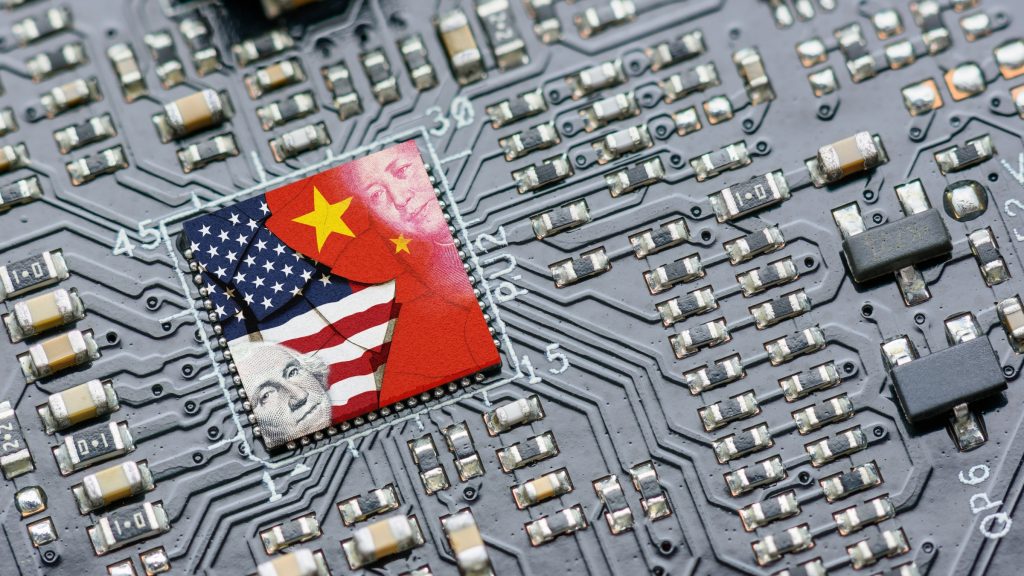
For fear of damaging the global industrial chain, China’s international trade council has formally called upon the U.S. to carefully reconsider its recent restrictions on American investments in China’s technology sector.
- The executive order aims to protect national security interests and prevent U.S. capital from inadvertently supporting China’s military initiatives.
- The CCPIT has expressed concerns about the broad and vague nature of these restrictions.
- U.S. financial firms have similar concerns.
China‘s international trade council has asked the U.S. to “carefully reconsider” its recent restrictions on U.S. investments in China’s technology sector.
The concerns revolve around the health of the global industrial chain. This involves the movement of goods and services from raw materials into finished products. Not to mention, finance, associated information, and logistics flows.
U.S. President Joe Biden signed an executive order last month restricting investments in Chinese entities. The signed order covers those in semiconductors, microelectronics, quantum information technologies, and certain artificial intelligence systems. All in the name of safeguarding national security interests and preventing U.S. capital from supporting China’s military endeavors.
In response, the China Council for the Promotion of International Trade (CCPIT) voiced concerns over the broad and vague nature of the ban. It emphasizes the ban’s potential to disrupt the global industrial chain and damage interdependence.
State television reported that the CCPIT, which operates under the Ministry of Commerce, expressed reservations about the order’s lack of differentiation between military and civilian purposes.
The CCPIT stressed the importance of respecting the principles of fair competition and market economics in international trade. It asserted that the restrictions would not only hinder normal business exchanges between the two countries. “That not only gives rise to transaction risks and compliance cost…but also damages the highly inter-dependent global industrial chain,” the chamber argued.
The CCPIT also warned that the restrictions would harm U.S. companies in international competition, hamper technological progress, and ultimately undermine U.S. interests. reiterated China’s willingness to collaborate with industries from various countries, including the United States, for mutual development.
For their part, U.S. financial firms have echoed similar concerns regarding the vagueness of the regulations and the burden of compliance being placed on investors.
The ban’s whole purpose is to prevent American investors from “unknowingly” supporting the Chinese military. Let’s say, for the sake of discussion, the terms are clarified. Considering the industries targeted by the ban, how can these companies guarantee that the investors don’t support projects for military purposes? They invest in companies not specific products.
Even in the U.S., when you invest in a company, it is up to said company to allocate the money invested. Take Boeing as an example. It is an American corporation, a giant in the aerospace industry. It’s mostly known for its commercial airplanes, but it also produces military aircraft, missiles, and space systems. So, if I were to invest in it, I, a pacifist, would be inadvertently also investing in the U.S. military. How do I differentiate? How do I support technological innovation without compromising my values?
Inside Telecom provides you with an extensive list of content covering all aspects of the tech industry. Keep an eye on our Tech sections to stay informed and up-to-date with our daily articles.